Open the class with prayers and then review with the children the prayer they have been learning to say by heart over the past several lessons.
We Are the People of Bahá - listen HERE
We are the people of Bahá x2
We are the people of x2
We are the people of Bahá
Yá Bahá’u’l-Abhá x2
We are the people of x2
We are the people of Bahá
Firmly we walk the path of God x2
Until the very last
We will be steadfast
Firmly we walk the path of God
[alternative prayer/song and accompanying story can be the "god is sufficient unto me, he verily is the all sufficing. In Him let the trusting trust. Story can be accessed from ruhibook4, page 96.]
| | | |
You can introduce today’s game by telling a story to the children about a herd of goats that had to pass over a very old bridge to get to the pasture where the sweet grass grew. Underneath the bridge lived a family of wolves that loved to eat little goats. But the wolves were very lazy and always slept a lot, waking up only at the sound of a goat passing over the bridge. The goats were very smart and learned how to walk lightly over the bridge without making any noise because, after all, they did not want to wake up the wolves. They listened closely to the snoring of the wolves, and if at any moment it stopped, they would stay very still, because they knew that the wolves were listening. But if the goats stayed very still, the wolves would go back to sleep.
Now, point to a “bridge” that you have made by laying sticks at different heights between two rows of benches. The children must “cross” the bridge, going under the high sticks and over the low ones. Clap your hands or hit a pan to represent the snoring wolves. Every now and then, the snoring stops and the wolves wake up. At those times, the children crossing the bridge have to stay absolutely still, even if one of their feet is in the air, until the wolves go back to sleep. If a child knocks down a stick or makes even the smallest noise, the wolves wake up and gobble up the little goat.
The ideas below are provided to help you introduce the quotation that the children will commit to memory.
One of the most important qualities of a person who truly loves God is steadfastness. No matter what happens in life, we always remember God and our love for Him. Therefore, nothing that others can say or do to us can affect our faith in Him. We love Him and obey His laws and teachings. In order to remember the importance of steadfastness, let us memorize the following quotation of Bahá’u’lláh:
“Supremely lofty will be thy station, if thou remainest steadfast in the Cause of thy Lord.” - listen HERE
Supremely
1. The gardens were supremely beautiful, more beautiful than any that had ever been seen.
2. Maria’s mother made a very special cake for the family. They ate it with great enjoyment and all said it was supremely delicious.
Lofty
1. Each night before she sleeps Martha prays and feels close to God. When she goes to sleep her spirit is in a lofty state.
2. At the meeting, Kumar is giving a talk about world peace and the goodness of humanity. Kumar is speaking of lofty things.
Remain steadfast
1. Her friend keeps telling Rosemary that stars are white spots painted on the sky, but Rosemary has learned that each star is really a far-away sun. Rosemary does not change her mind. She remains steadfast in what she knows to be true.
2. Someone told Mona that it is not important to pray every day, but she kept praying because she knew it was a law of God to pray. Mona remained steadfast in following the law of prayer.
[Alternative quote: "..become as steadfast and immovable as the mountain in His cause." - Baha'u'llah
Judaism: He only is my Rock and my Salvation; He is my Defense and my Fortress, I shall not be moved. Psalms 62:6
Christianity: Therefore, my beloved brothers, be steadfast, immovable, always abounding in the work of the Lord, knowing that in the Lord your labor is not in vain. 1 Corinthians 15:58
Islam: And seek aid in steadfast patience and prayer: and this, indeed, is a hard thing for all but the humble in spirit, Quran 2:45 (Asad)
Baha'i Faith: Supremely lofty will be thy station, if thou remainest steadfast in the Cause of thy Lord. Baha'u'llah
Today is the day for steadfastness and constancy. Blessed are they that stand firm and immovable as the rock. Abdu'l-Baha]
Perhaps you know that Bahíyyih Khánum was the younger sister of ‘Abdu’l-Bahá. She was only six years old when their beloved Father, Bahá’u’lláh, was arrested and sent to prison by an unjust government, that was fearful of the truth of the divine message He proclaimed. Her family had been one of the wealthiest in the city. Now all of their possessions were taken away. At times she had only a handful of flour to eat in place of bread.
When her Father was released at last and forced by the government to leave their homeland, Bahíyyih Khánum and her family set out on mules for the city of Baghdád, in a neighboring country. The journey took three months in the bitter cold of winter. Never again would she return to the land of her birth.
For ten years, the family remained in Baghdád, where Bahíyyih Khánum passed the rest of her childhood. Then, suddenly, her Father was ordered by the authorities, still threatened by His growing influence, to leave Baghdád, and Bahíyyih Khánum, now a young woman, went with her family, first to far off Constantinople and then to Adrianople. Danger was at its height. Opposition to her Father grew, and eventually an attempt was made on His precious life.
After almost five years in Adrianople, living under such stress and strain, dear Bahíyyih Khánum was uprooted once again when the government banished her Father to the prison-city of ‘Akká. For some forty years, that gentle soul lived with her family as a prisoner among the worst of criminals within the walls of the desolate city.
During that time the Father she so loved departed this world, and with His passing, it now became Bahíyyih
Khánum’s duty to support her beloved Brother, Who had been appointed the Head of His Father’s Faith. Many of their friends and relatives, jealous of ‘Abdu’l-Bahá, turned against Him. But Bahíyyih Khánum faced each blow with quiet patience and fortitude.
And when ‘Abdu’l-Bahá passed into the next world many years later, Bahíyyih Khánum became the greatest supporter and staunchest defender of His grandson, young Shoghi Effendi, as he took over the duties that fell on him as his Grandfather’s successor. Bahíyyih Khánum was now an old woman, some seventy years of age. Her life had been filled with turmoil and upheaval. It moved from adversity to adversity, from calamity to calamity. But her spirit remained constant, and her heart always filled with the love of God. She was steadfast and firm. The dignity and joy, the kindness and grace, that were hers as a child stayed with her until the final days of her life.

Heat smooth rocks in an over at apx 350 degrees for about 15 minutes. Take them out with pot-holders and set them on thick mats of newspaper to work on. The kids color them with crayons while they are warm so the crayons melt onto the rocks. This is really fun but make sure the kids are old enough to understand how not to burn themselves on the rocks while they are hot.
Another HERE.
| lesson24steadfastness.pdf |
Steadfastness from The Family Virtues Guide
What is Steadfastness?
Steadfastness is being steady and dependable, sticking with something no matter what. Do you know the story about the tortoise and the hare? Even though the tortoise was very slow compared to the rabbit, he won the race by being steadfast. He kept on going.
Steadfastness is being faithful and purposeful. Steadfastness is remaining true to someone or something in spite of any tests or obstacles that appear to stop you. When you are steadfast, you commit yourself to something for however long it may take.
Why Practice Steadfastness?
Without steadfastness, people waver. They can be enthusiastic one minute and doubtful the next. They may finish something they agreed to do or they may forget about it. It depends how many doubts they have or how hard it becomes to keep their commitments. You never know what you can count on with someone who is not practising steadfastness.
When we are steadfast, even when we have doubts, in our hearts we remain committed. When we are steadfast, we can shrug off the doubts because down deep we know where we stand and are committed for the long run. Others are reassured by the strength and dependability of our commitment. With steadfastness we keep moving forward.
How Do You Practice It?
You practice steadfastness by being committed. You need to decide if something is worthy of your commitment. Think about it and then decide. You need to know before you start that you are in this until it is finished.
Then pace yourself. When you practice steadfastness, you keep a steady pace, and remain constant no matter wheat. If you are doing a job, keep at it without going too fast to tire yourself out, or too slow to get it done on time. Just put one foot in front of the other and keep on going. If you are steadfast in learning something new, you stick with it even when you wonder if you will ever understand. Get whatever help you need to keep going.
If you are a steadfast friend, you stick by your friends even when they aren't much fun, they need a lot of attention, or they are going through a hard time.
When you find yourself wondering, "Can I really do this?" or "Is it really worth all this effort?" , steadfastness helps you to accept your doubts and do it anyway.
You are like a strong ship in the storm. You don't let yourself become battered or blown off course. You just ride the waves.
What would steadfastness look like if...
- You have been friends with someone for a long time and you begin to feel bored?
- You are in the middle of a hard job and start feeling tired?
- You have spent a lot of time practising a sport, dance or art and begin to wonder if you can really succeed?
- Your family is hiking to the top of a mountain and you don't think you can make it?
- You have a new chore and are afraid you will forget to do it?
- Your best friend moves away and you don't want to forget her
Signs of Success
| Congratulations! You are practising steadfastness when you...
| Keep trying! You need more practice when you...
|
I am steadfast. I keep a steady pace in what I choose to do. I keep on keeping on. I am a loyal and committed friend.























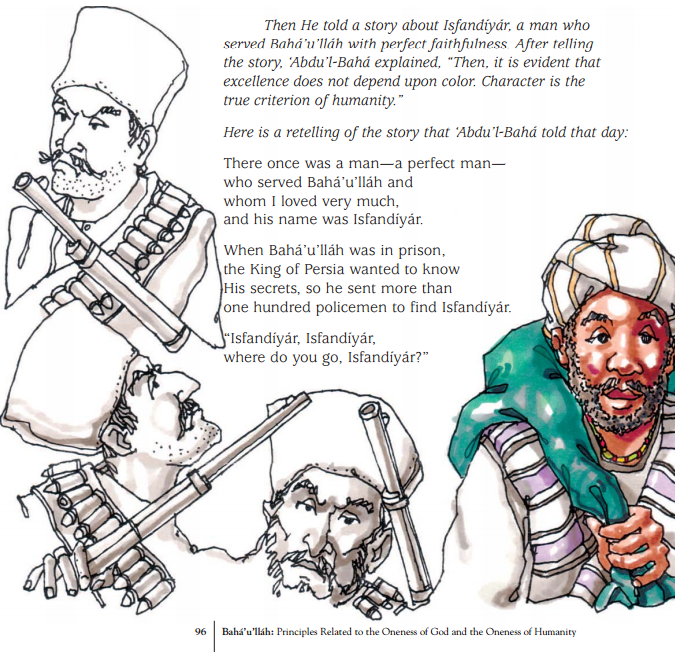


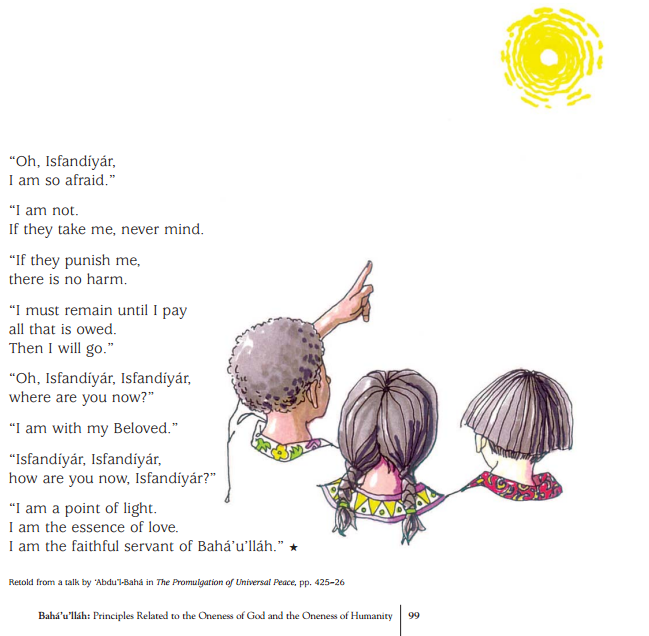


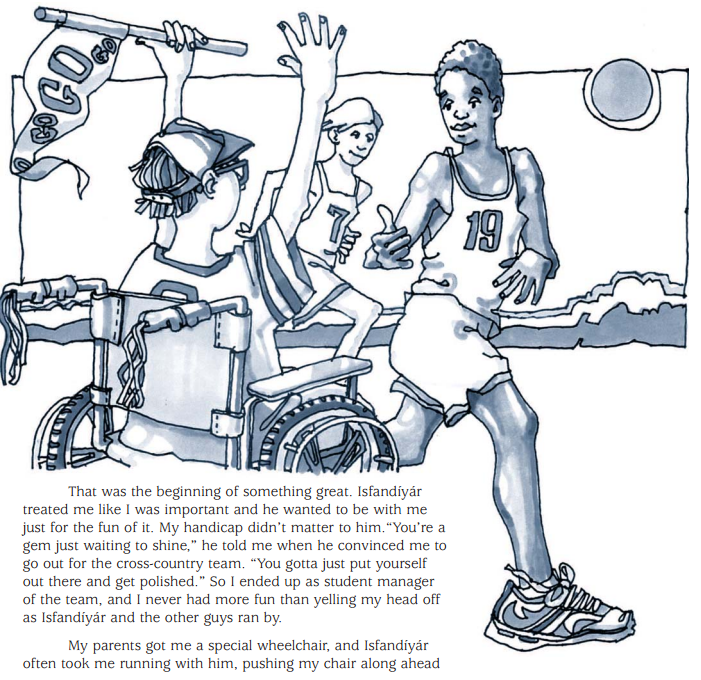
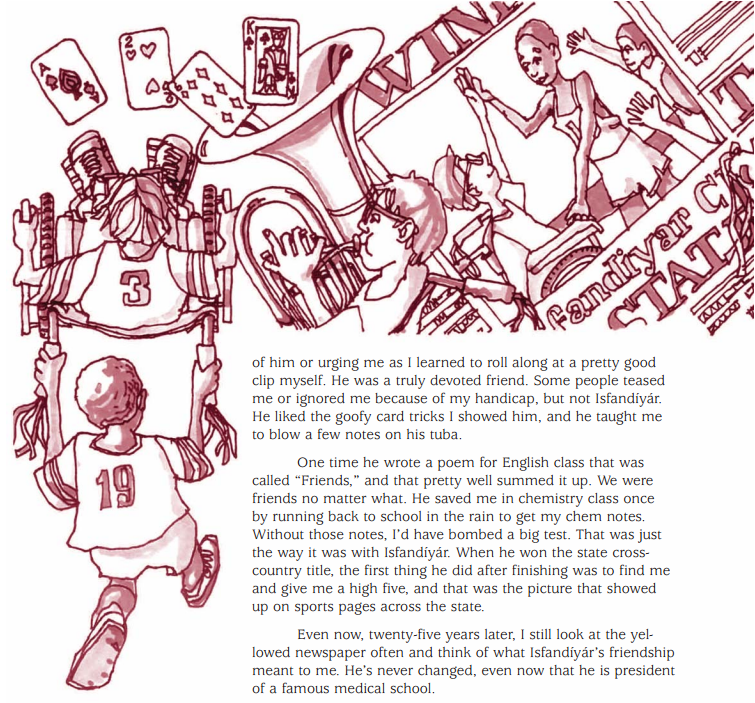
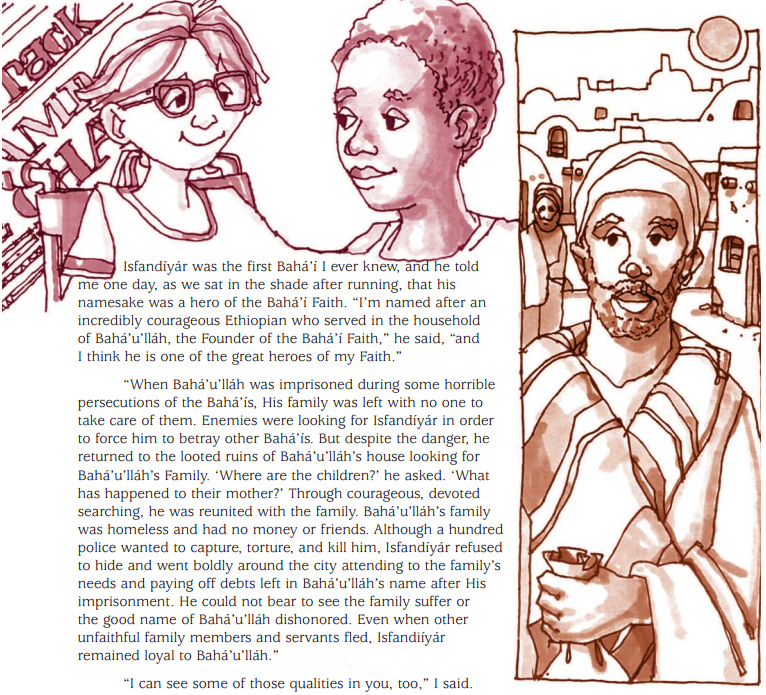
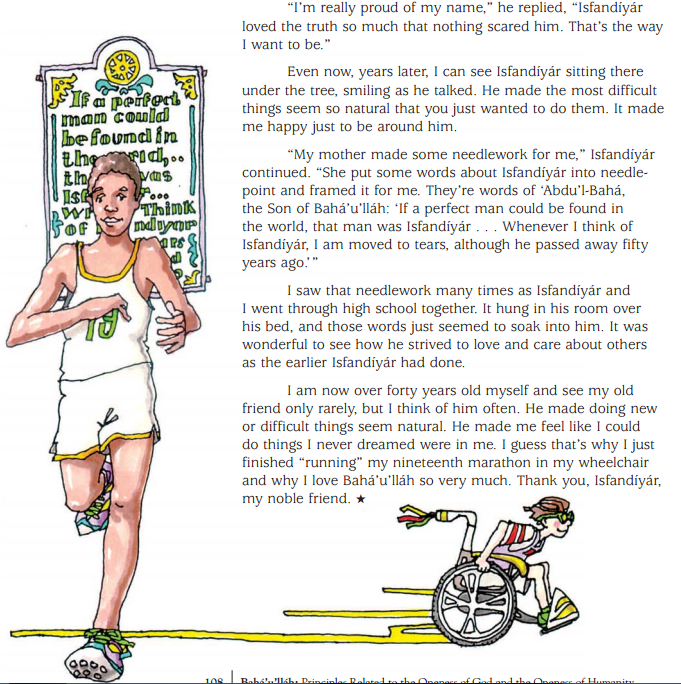
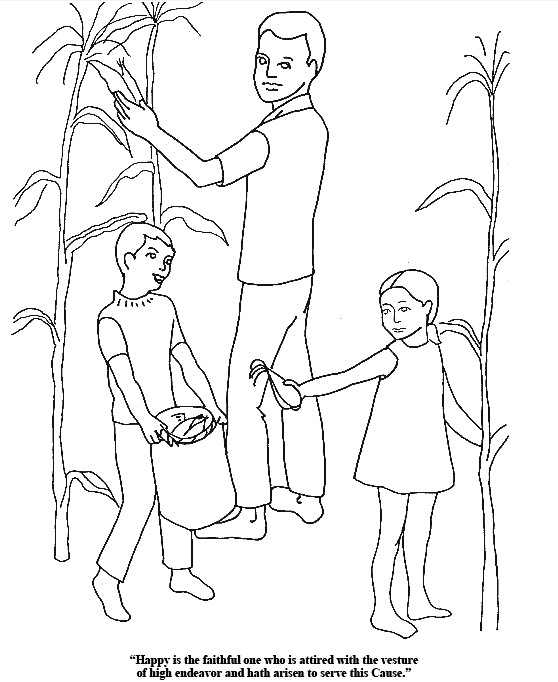








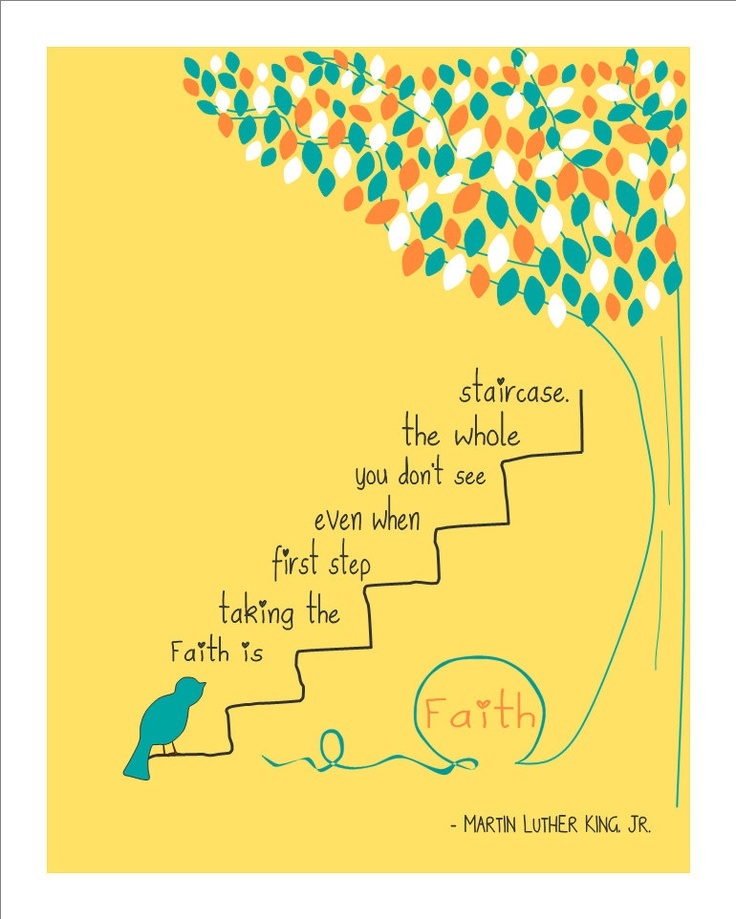




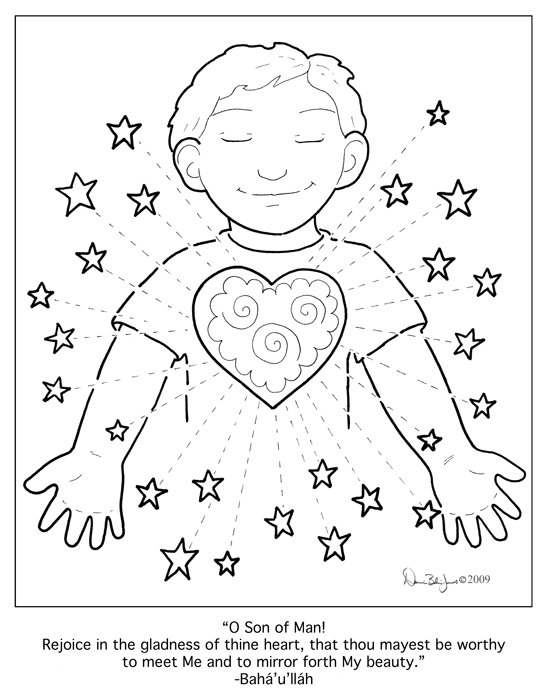
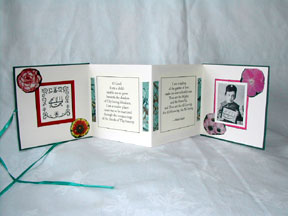


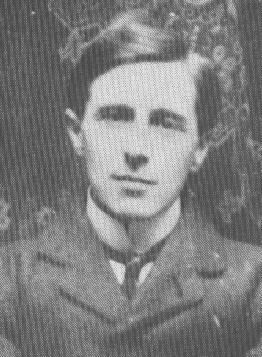
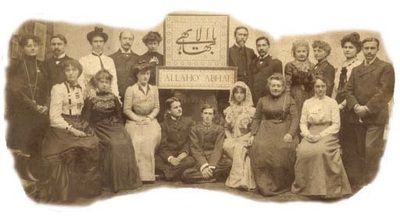
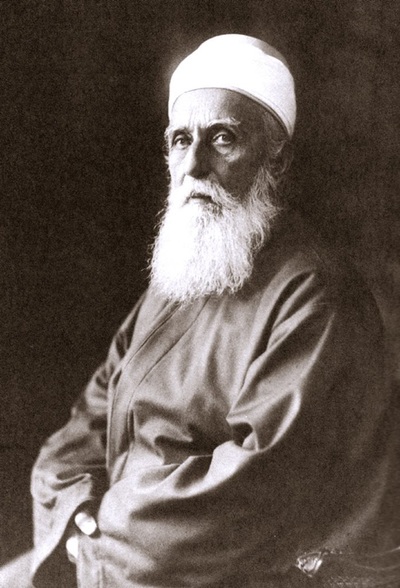
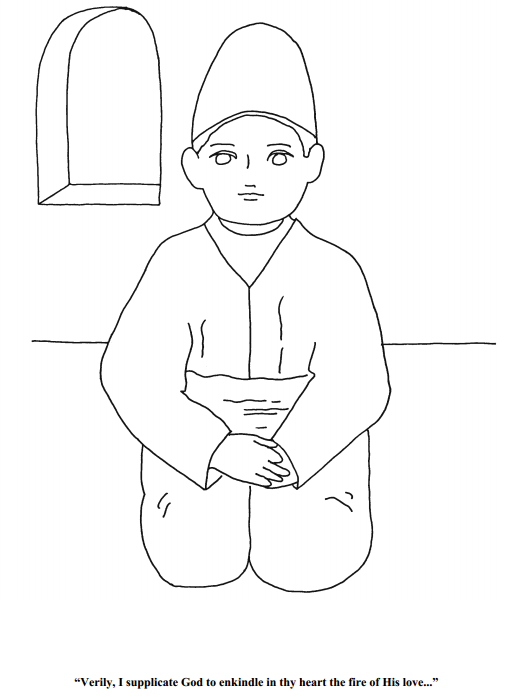




 RSS Feed
RSS Feed
